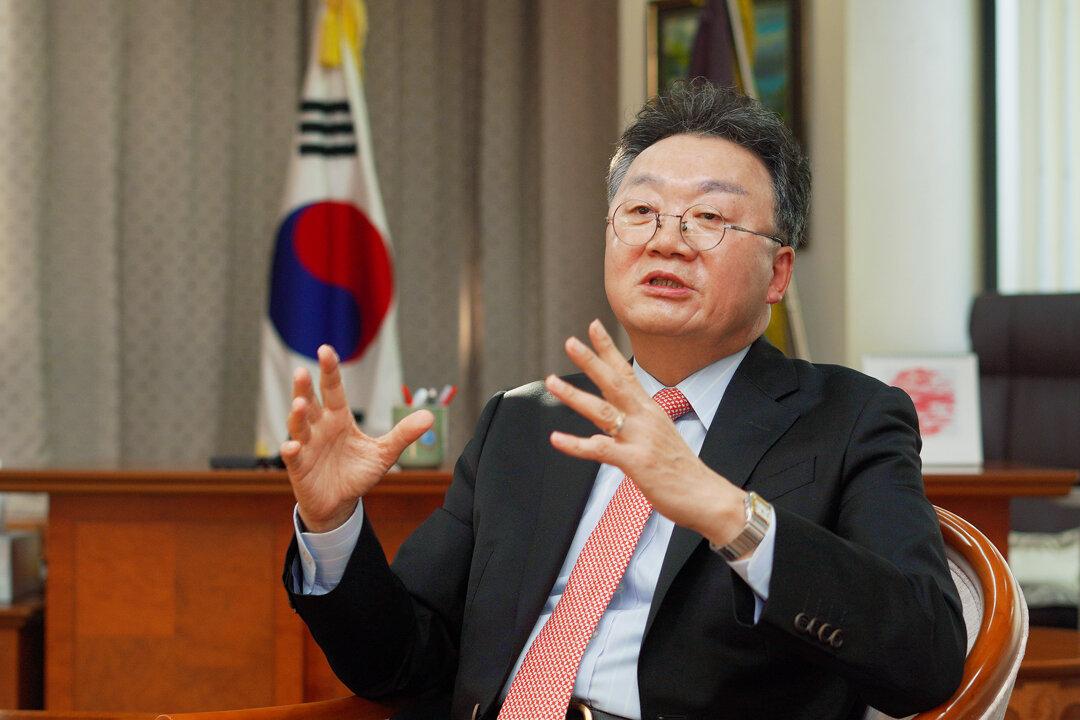South Korea’s Ministry of Justice (MOJ) plans to simplify the process of naturalization for children of foreign permanent residents in order to solve a persistent decline in population growth.
A database from the MOJ suggests that 95 percent of the people that benefit from this revision are Chinese nationals. Many Koreans are concerned about the political motivations behind this revision as it seems to favor the Chinese Communist Party (CCP). Recently, more than 300,000 Korean citizens petitioned at The Blue House (Cheong Wa Dae), the president’s official residence, to oppose the measure.



